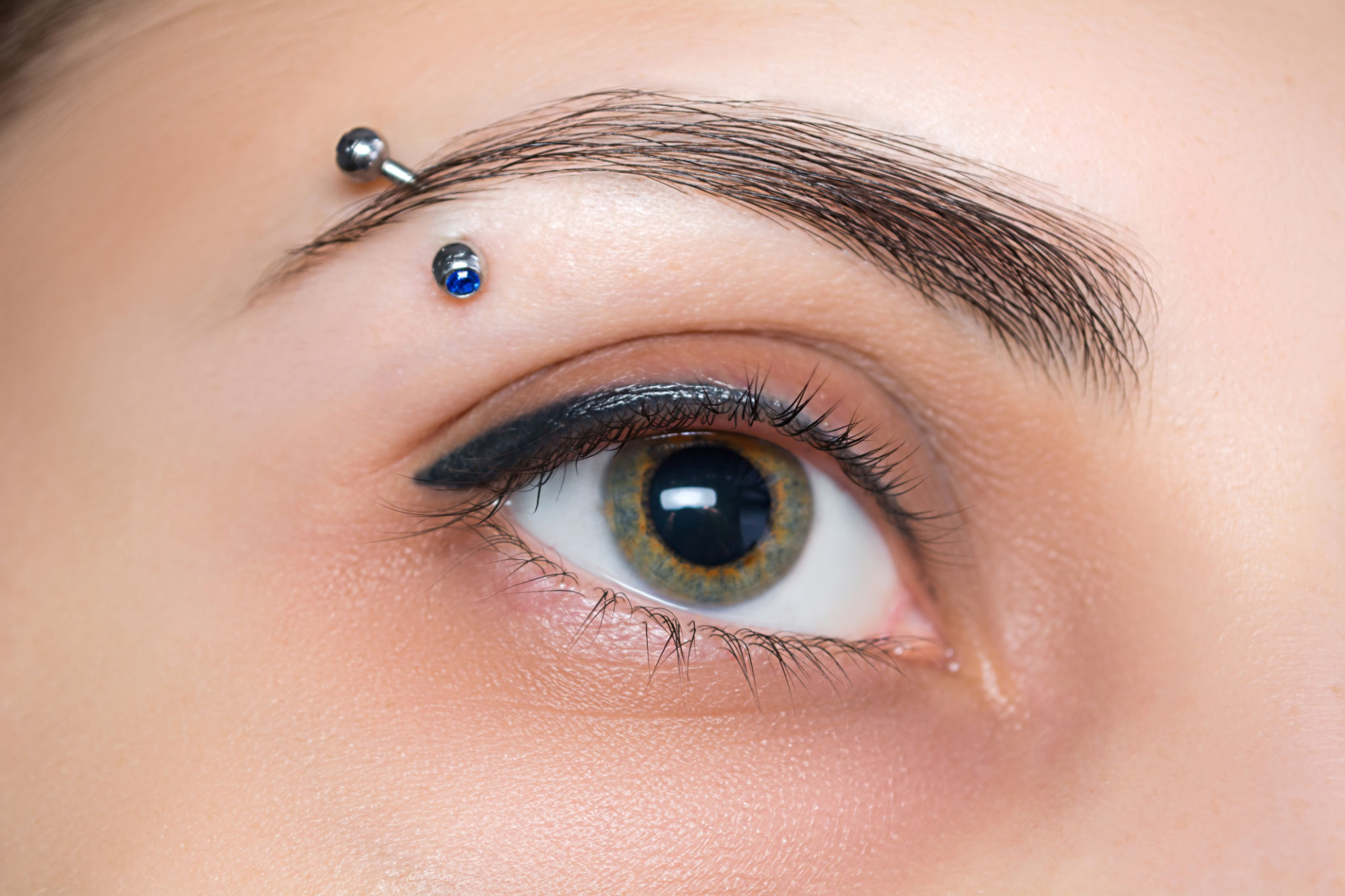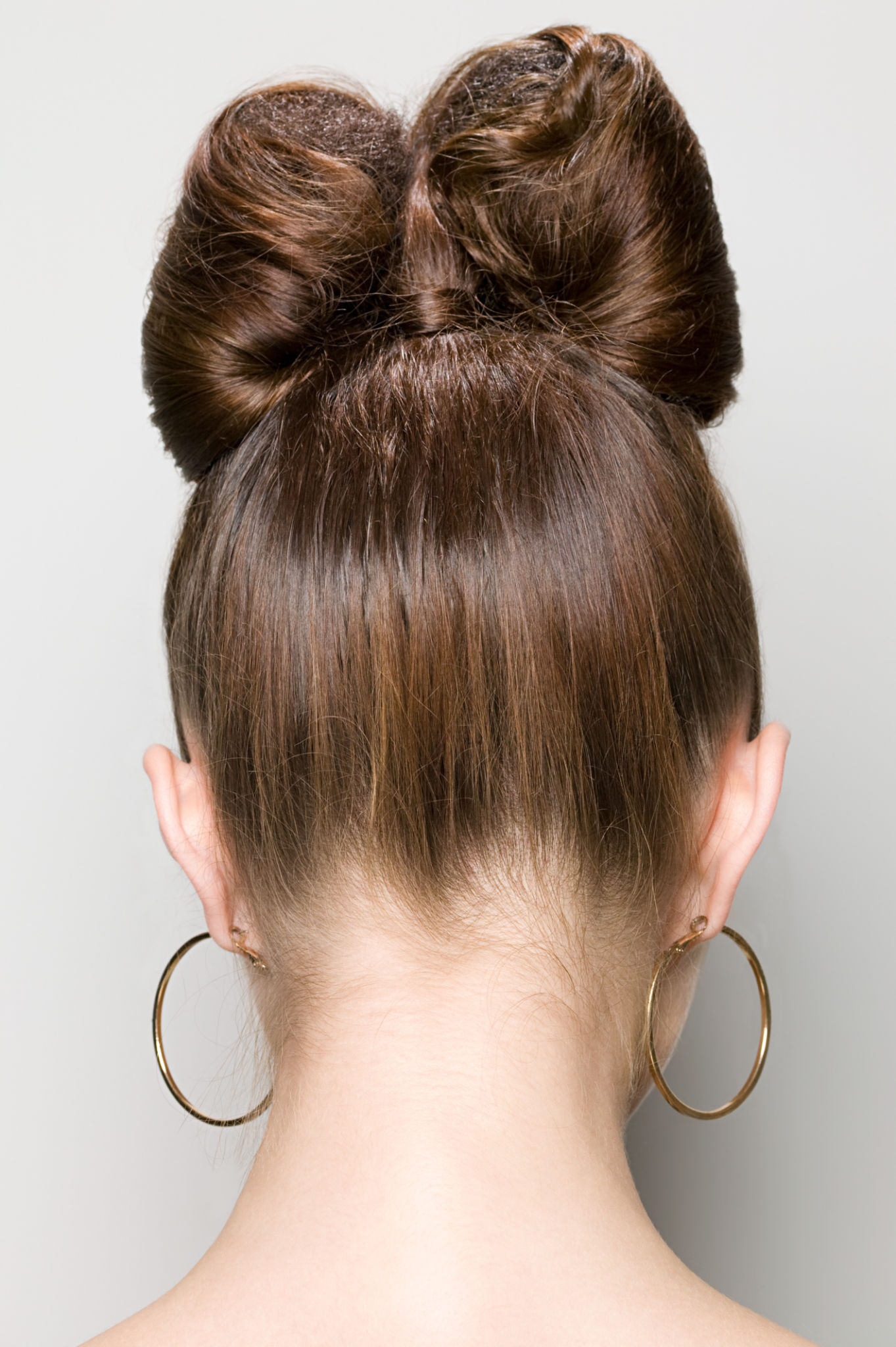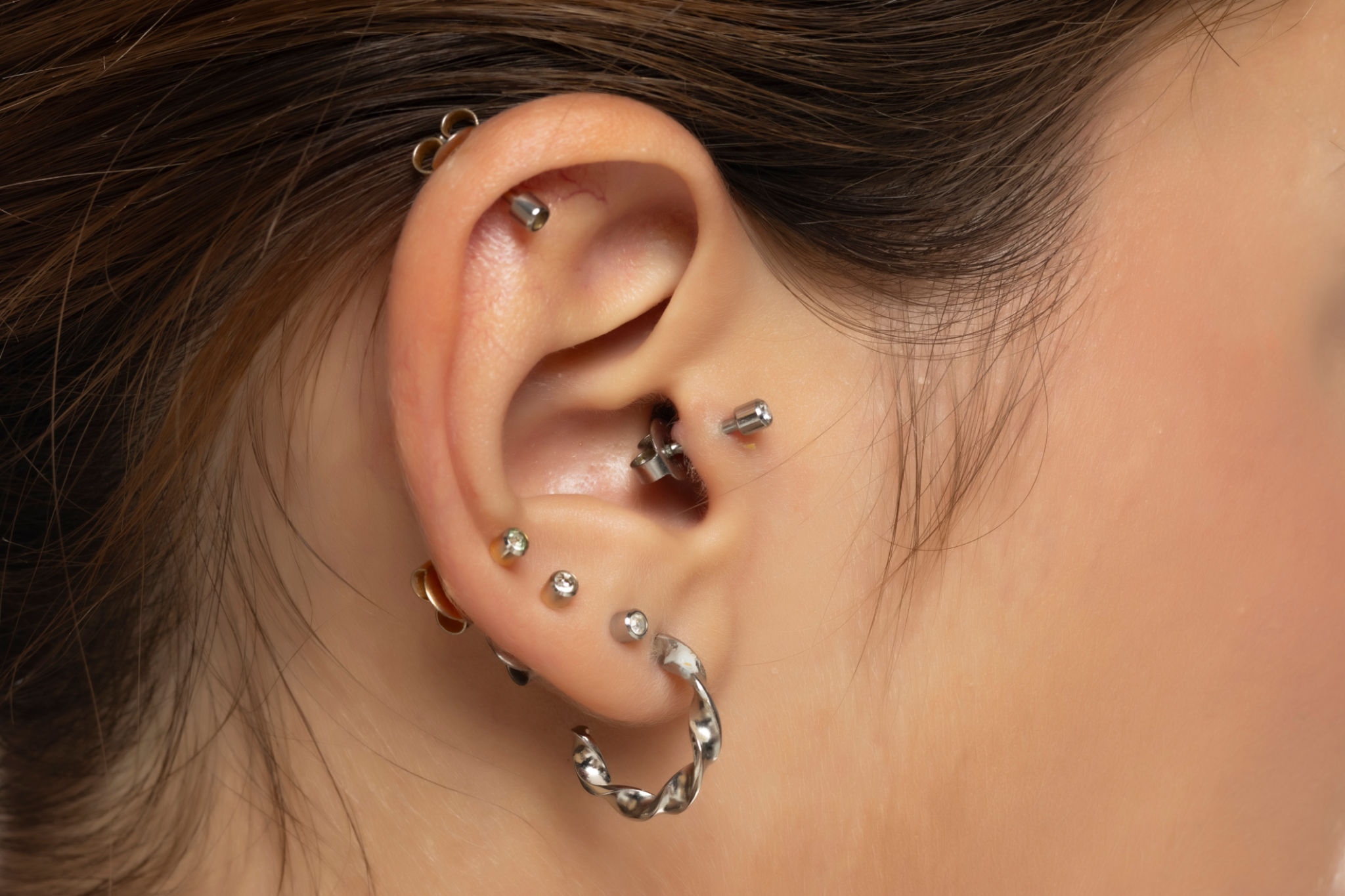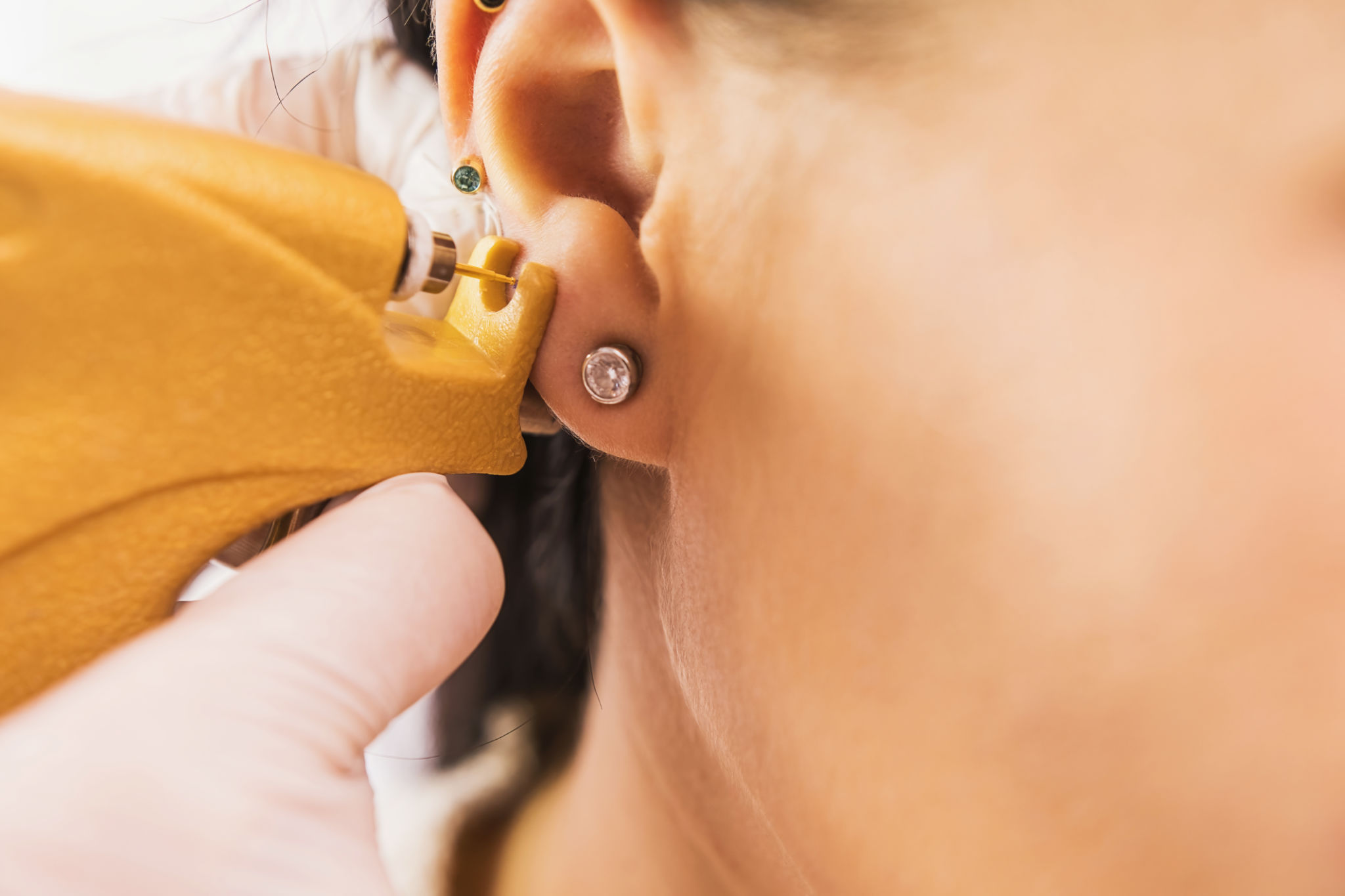How to Care for Your Piercings: Expert Tips from Skilled Piercers
Why Proper Piercing Care Is Crucial
Getting a new piercing is an exciting experience, but caring for it properly is essential to ensure a smooth healing process. Without the right aftercare, piercings can become infected, leading to unwanted complications. Proper care not only prevents infections but also helps in maintaining the piercing's appearance and health for years to come.

Initial Aftercare Tips from Experts
Cleansing Routine
One of the most important steps in piercing aftercare is establishing a regular cleansing routine. Use a saline solution or a product specifically recommended by your piercer. Avoid using alcohol or hydrogen peroxide, as these can be too harsh and may delay healing.
Avoid Touching and Twisting
It might be tempting to touch or twist your new piercing, but it's crucial to avoid doing so. Handling the piercing with dirty hands can introduce bacteria, leading to infection. Additionally, twisting can irritate the piercing site, causing unnecessary pain and prolonging the healing process.

Managing Healing and Discomfort
Monitor for Signs of Infection
While some redness and swelling are normal initially, it's important to watch for signs of infection such as excessive redness, warmth, or pus. If you notice these symptoms, consult with your piercer or a healthcare professional immediately.
Dealing with Swelling
If you experience swelling, applying a cold compress can help reduce it. Ensure you wrap the ice pack in a cloth to prevent direct contact with the skin, which could cause damage. Elevating the pierced area can also help minimize swelling.

Long-Term Piercing Care
Maintaining Hygiene
Even after your piercing has healed, maintaining good hygiene is crucial. Regularly clean the area with a mild soap and water, and avoid using heavy creams or oils around the piercing as they can clog the area and cause irritation.
Choosing the Right Jewelry
Selecting appropriate jewelry is vital for both aesthetic and health reasons. Opt for high-quality materials such as surgical steel, titanium, or gold to minimize allergic reactions and inflammation. Always consult with your piercer before making any changes.

Consulting with Your Piercer
Your piercer is an invaluable resource when it comes to caring for your piercing. Don't hesitate to reach out if you have questions or concerns. Regular check-ins can help you keep track of your piercing's healing process and ensure everything is on the right track.
By following these expert tips and maintaining a diligent aftercare routine, you can enjoy your new piercing while minimizing risks and promoting healthy healing. Remember, patience and proper care are key to long-lasting and beautiful piercings.
